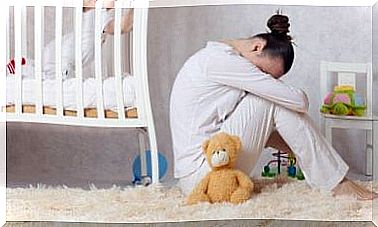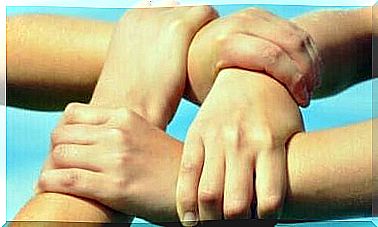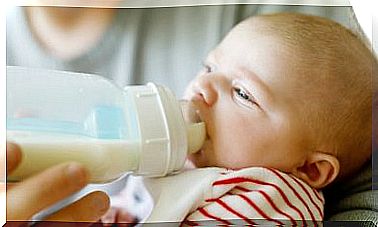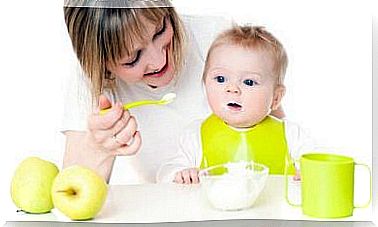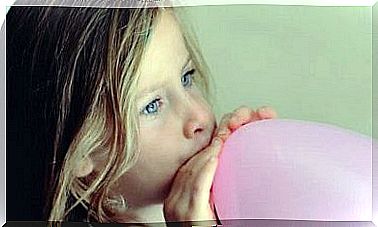Postpartum Care That All Mothers Need
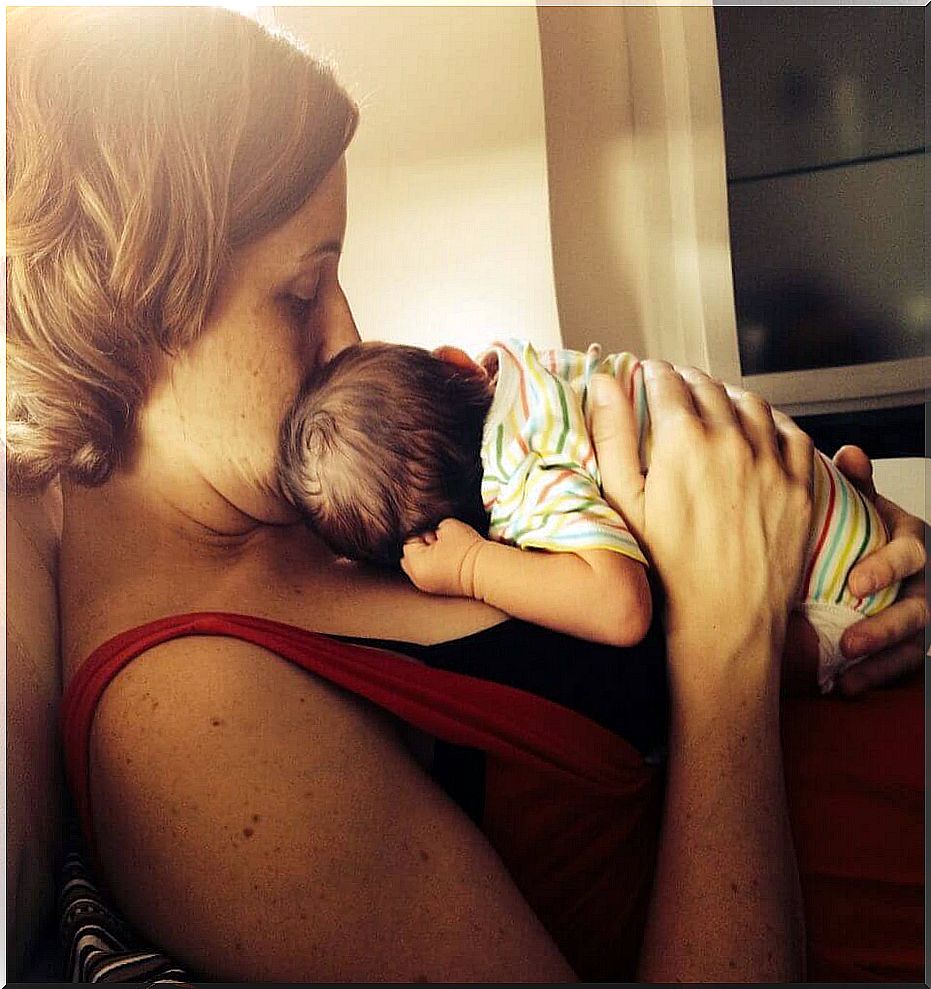
Whatever, people might say, the postpartum period is a time of changes and reshuffles that can last for weeks, or even months.
At about 6 weeks after birth, several physical and emotional changes will occur in a mother’s body. These changes can cause a feeling of exhaustion and a bit of anger.
The body gradually works to reverse the changes that occurred during pregnancy and return to its previous stage.
It is important to know the basics of postpartum care so that you can heal at home, at your own pace and in harmony with your body’s needs and limitations.
The main forms of postpartum care
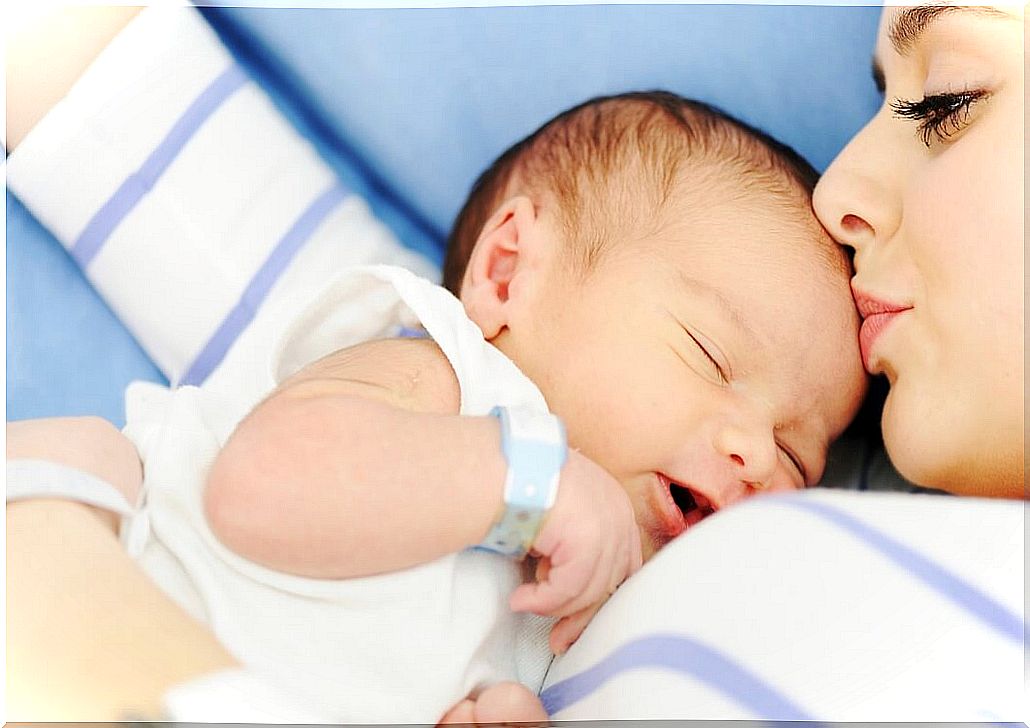
Hygiene of discharge from the uterus
Among the things you will experience after giving birth is the emergence of discharge from the uterus after birth. It is a vaginal discharge of tissue and blood from the uterus. Your body should start excreting it shortly after you get home.
This is a natural and healthy process, so the hygiene around it should be your only concern. Experts recommend that you wash the intimate area 3-5 times a day with water and neutral soap. Subsequently, wipe it with a soft, clean towel.
Breastfeeding and postpartum contractions
After having your baby, you may experience acute stomach cramps. These are contractions and they occur because your uterus shrinks back to its normal size.
These cramps can often coincide with breastfeeding as you trigger hormones that can cause contractions of the uterus when you nibble on your baby.
Your cramps can be painful. Especially if it’s not your first baby. Postpartum cramps are often more intense in women who have given birth before.
To help your blood vessels heal, you should start breastfeeding as early as possible. Stimulating your mammary glands can help these contacts do their job.
Rest and sleep to regain energy
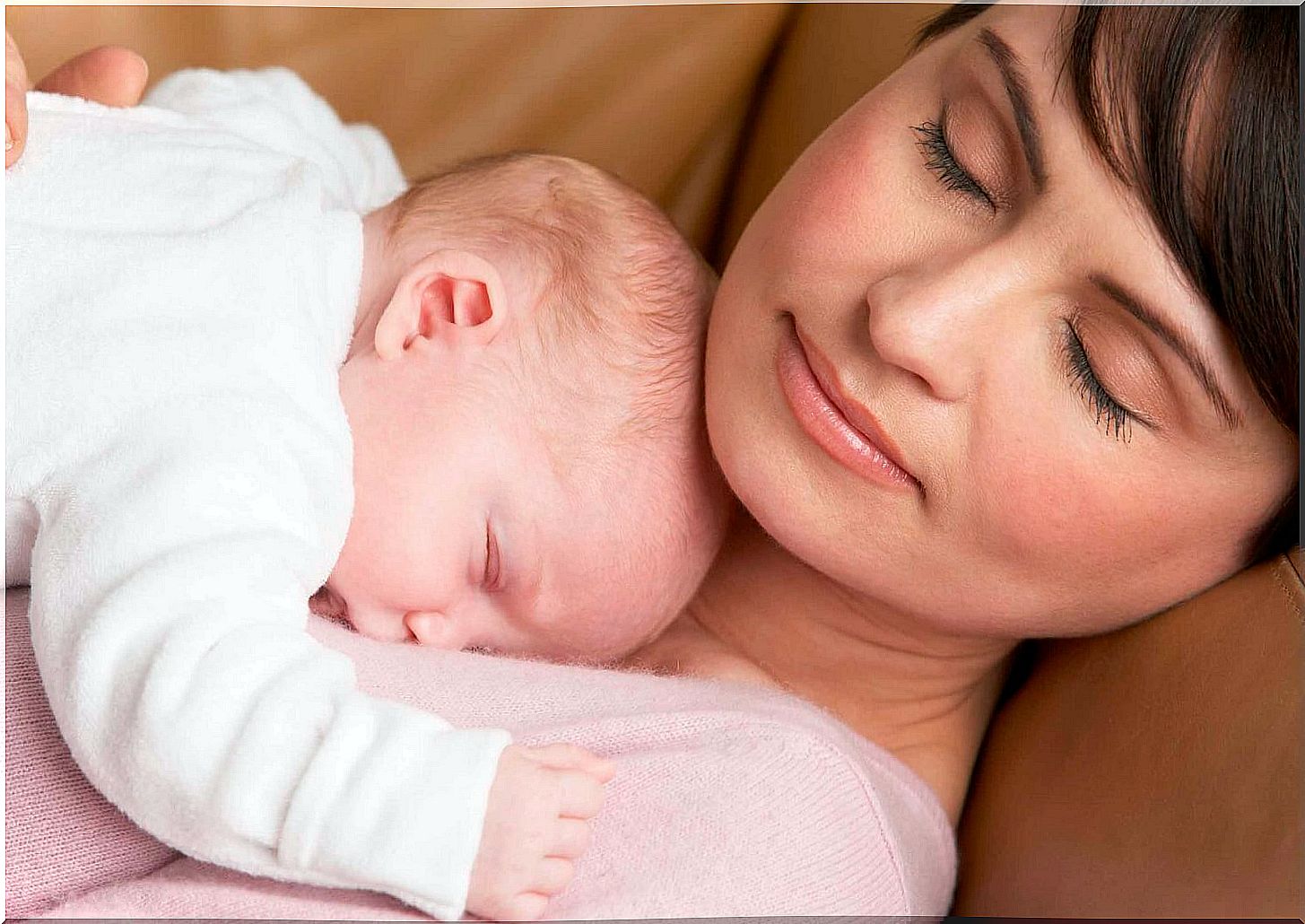
It is crucial part of postpartum care that you get enough rest. The first few nights with your baby, however, will be exhausting. You will still need to get used to breastfeeding, and get to know your baby’s sleeping pattern.
The best way around this is to follow your baby’s rhythm, and sleep with him at the same time. Getting as much rest as possible the first few days after giving birth will help you get better.
It is perfectly natural if the only thing you feel like is eating, sleeping and taking care of your baby. After all, it’s a time to rest, recover and take care.
Keep your legs lifted to reduce swelling
After you give birth, you will find that your legs and feet swell, which can take some time. To reduce the swelling, the best thing you can do is keep your feet up as much as possible, especially when lying down.
Quiet walks to reduce constipation
Try to go to the toilet as soon as you feel the urge to do so. If you do not do this, your stools may accumulate and become hard.
To avoid constipation, and have easier time going to the toilet, doctors recommend taking some slow, leisurely walks. It will stimulate the transit time in the gut, and help your body return to its normal state.
For the same reason, you should also make sure that you drink plenty of water, and eat fresh fruits and vegetables that are rich in fiber.
Take care of stitches and cuts in the groin
Stitches are often used for vaginal cracks or cuts in the perineum, which is an incision made in the perineum, to avoid cracks during childbirth.
Ask how best to care for stitches before leaving the hospital so you can follow the instructions at home.
In any case, taking care of the stitches is easy and painless and it can help prevent discomfort and infection.
Take a bath every day with lukewarm water, and use a neutral soap. This will help your scars stay clean and dry. Gently dab the area dry using a soft towel.
Another piece of advice is to lie down for 10 minutes every hour so that the blood does not accumulate in this area.
What to do when the milk runs out
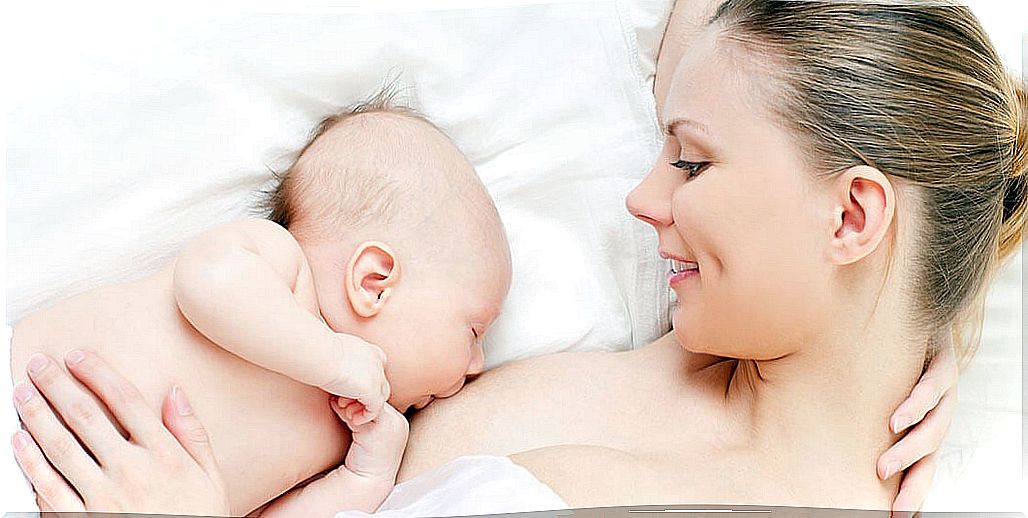
Your milk will usually run until the third or fourth day after you give birth. You may feel like you have a bit of a fever and your breasts will be so full that you feel like they are about to explode. They will be hot, swollen and painful.
To alleviate this situation, you can put a cold, damp cloth on your breasts when they hurt. Of course, this situation arises to ensure (as much as possible) that your baby is fed appropriately. You can also squeeze some of the milk out, by using a breast pump.
Your feelings after giving birth
Postpartum care, however, goes beyond the physical aspect. Having a baby gives rise to strong emotions, and can often generate mixed emotions: joy weighed down with fear and doubt and even sadness.
You may feel more sensitive, or cry suddenly. Sometimes you may feel lonely, or suffer from low self-esteem.
All of these feelings are normal and understandable. However, if they turn to something more intense, such as anxiety, fear, sadness, insomnia or apathy, you should ask for help.
Talk to your doctor because these feelings are signs of postpartum depression.

